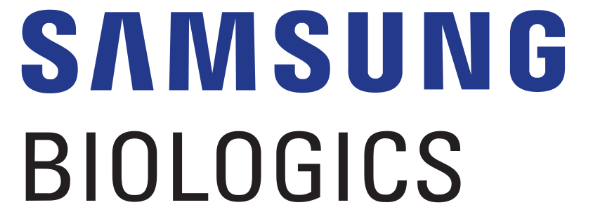Last year, contract development and manufacturing organization (CDMO) Samsung Biologics launched a proprietary developability assessment platform, DEVELOPICK™, designed to rapidly evaluate drug candidates. The platform focuses on early molecule analysis to enhance the chances of identifying candidates with optimal stability and cell line development.
“Through these new development technologies, we provide early insight and ensure higher yield of molecules, ultimately enabling clients to reach commercialization much more efficiently,” said Samsung Biologics CEO John Rim when the CDMO announced the new tool in tandem with its S-DUAL™ high-yield bispecific antibody platform technology.
What Is Cell Line Development?
DEVELOPICK™ is used to assess the viability of cell lines, which underlie much of the biomanufacturing industry’s output. This process ultimately leads to the Food and Drug Administration’s Investigational New Drug and Biological License Application stages and the commercialization of new drugs.
Cell line development refers to the creation of cell cultures that can proliferate indefinitely in vitro, meaning outside of a living organism. These cells may come from a variety of sources, such as animal tissues, plants, or microorganisms, and are maintained under specific conditions to support their growth and replication.
Once developed, cell lines can be used to produce proteins, antibodies, or other biological molecules of interest in a consistent and controlled environment. Cell lines may be primary (directly extracted from the organism) or immortal (able to divide indefinitely), depending on their application.
Cell Lines and Drug Discovery
In the context of drug discovery, cell lines are essential tools. They can provide valuable insights into human biology, disease mechanisms, and drug responses.
Cell lines serve as model systems for studying specific diseases, testing genetic theories, and conducting other research. They provide a consistent, reproducible platform for examining biological processes.
They’re also used for screening and testing potential drug candidates, as they replicate specific disease conditions in vitro. This enables researchers to assess a compound’s efficacy, safety, and toxicity without having to test it on living organisms initially.
Finally, once a drug candidate is identified, cell lines can be used to produce therapeutic proteins or antibodies at scale, essential for drug manufacturing.
Identifying Viable Drug Candidates
The DEVELOPICK™ system streamlines the early evaluation of potential drug candidates by assessing their molecular stability. In an increasingly competitive global biopharmaceutical market, many candidate molecules enter the discovery phase, but few make it to the Investigational New Drug stage. Early analysis is crucial for distinguishing molecules with strong potential for stability and developability, thus saving both time and cost in the development process.
Two real-world case studies shared in a recent Samsung Biologics post demonstrated how the platform determines viable candidates. The first study focused on excluding candidates with low developability. The assessment rejected a candidate with low stability at an early stage. In the second study, a candidate with higher developability was selected. The chosen molecule was picked based on sequence liability, thermal stability, and chemical stability analysis. These studies demonstrate that the platform can both identify promising candidates and weed out those that would not be beneficial to pursue.
How DEVELOPICK™ Works
The platform follows a detailed workflow designed to minimize uncertainty and expenses in the path to Investigational New Drug submission. Assessments require only 20 mg of starting material.
Workflow begins with material preparation, followed by an initial characterization through high-throughput analytical methods, including differential scanning fluorimetry and dynamic light scattering. These techniques assess the biophysical properties of the molecule, such as melting and aggregation temperatures, providing a baseline for stability.
In the primary evaluation phase, the molecules undergo heat treatment and low-pH treatment to mimic potential downstream processes, revealing how they behave under diverse stress conditions. This part of the process includes observations of thermal stability, solubility, and assessment of various pH conditions. Flexibility in this phase allows for tailored testing according to the client’s specific needs.
Next, the process employs size exclusion chromatography to analyze instabilities associated with aggregation or fragmentation of the molecule. This information helps predict potential issues in later stages, like formulation development, and assists in strategizing to deal with potential physical and chemical instabilities.
The combined data from these analyses guide clients in choosing the best candidate molecules. Molecules are assigned a go or no-go decision, then proceed to cell line development, followed by Investigational New Drug status. The goal is to identify any issues early in this process; this way, by the time later stages are reached, developers can be confident in the progression of the drug development process to approval and commercialization.
Samsung Biologics has touted DEVELOPICK™ as a major advancement in the field of cell line development and drug candidate evaluation. By focusing on early assessments of stability and developability, the platform aligns with the industry’s need for rapid and precise evaluations, a vital factor in an increasingly fast-paced biopharmaceutical environment relying on outsourced manufacturing.


